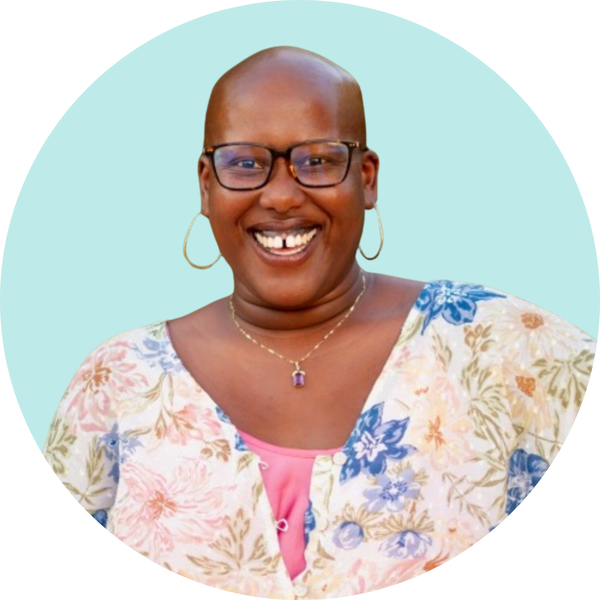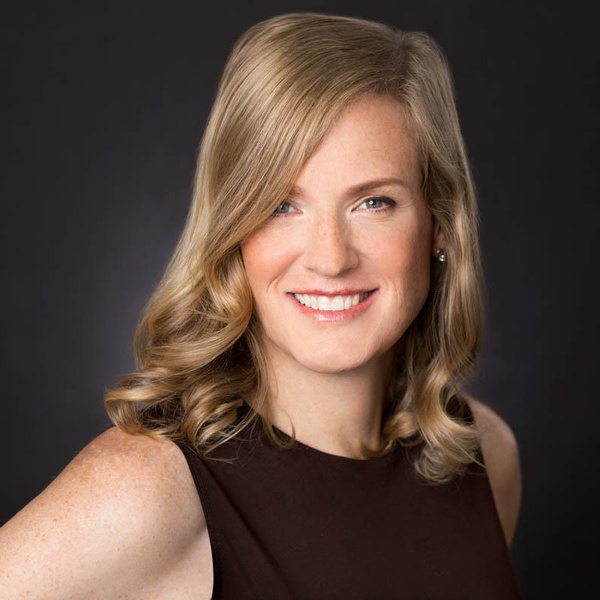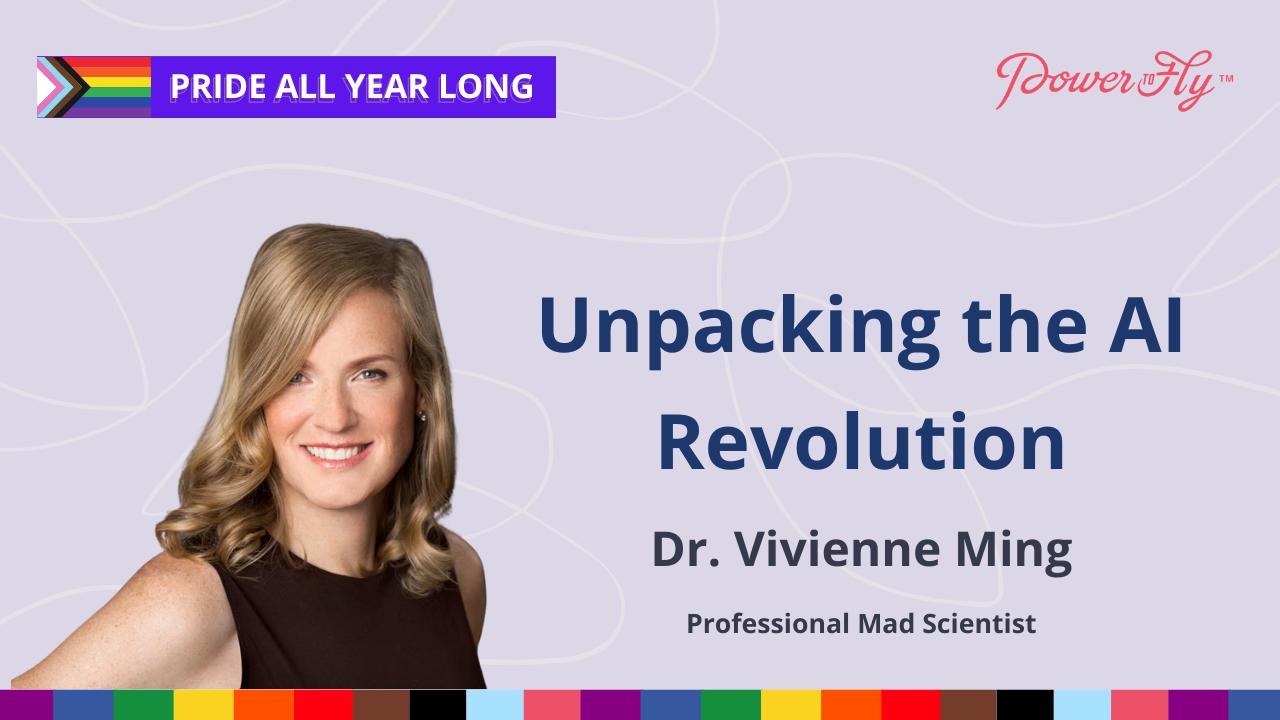




AI (Artificial Intelligence) is one of the most powerful tools to solve real-life problems. But what if we told you that these technologies are actually increasing inequality? The reality is that consumers that are able to access these tools are actually the ones that need them the...
AI (Artificial Intelligence) is one of the most powerful tools to solve real-life problems. But what if we told you that these technologies are actually increasing inequality? The reality is that consumers that are able to access these tools are actually the ones that need them the least.
Join this conversation with Professional Mad Scientist, Dr. Vivienne Ming, as she shares her vision and knowledge on how AI needs to change to help solve biases and the importance of making it accessible to all.
In this chat, will talk about:

Dr. Vivienne Ming explores how to maximize human capacity as a theoretical neuroscientist, serial entrepreneur, demented author, and mother of two. Socos Labs, her fifth company and second co-founded with wife Dr. Norma Ming, is a mad science incubator. It explores seemingly intractable problems—from a lone child’s disability to global economic inclusion—for free. Vivienne’s previous companies have applied machine learning to bias in hiring and education at home and in school. She started her professional life as a visiting scholar at UC Berkeley's Redwood Center for Theoretical Neuroscience pursuing her research in cognitive neuroprosthetics. In her free time, Vivienne works to design AI systems to help treat her son’s diabetes, predict manic episodes in bipolar sufferers, and reunite orphan refugees with extended family members. She sits on the boards of numerous companies and nonprofits. For relaxation, she writes science fiction and spends time with her wife and children. Vivienne was named one of “10 Women to Watch in Tech” by Inc. Magazine and one of the BBC’s 100 Women in 2017. She is featured frequently for her research and inventions in The Financial Times, The Atlantic, Quartz Magazine and the New York Times.